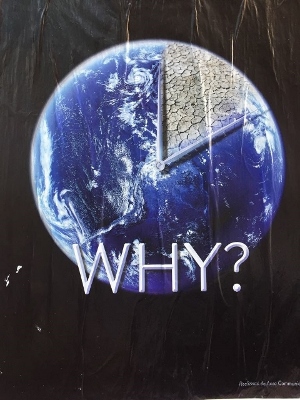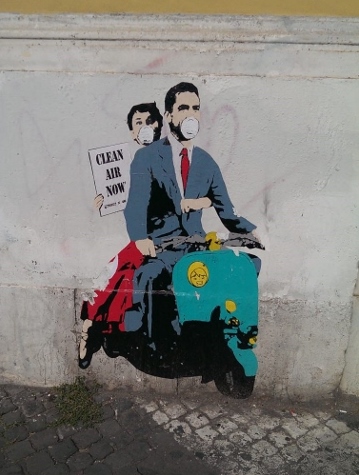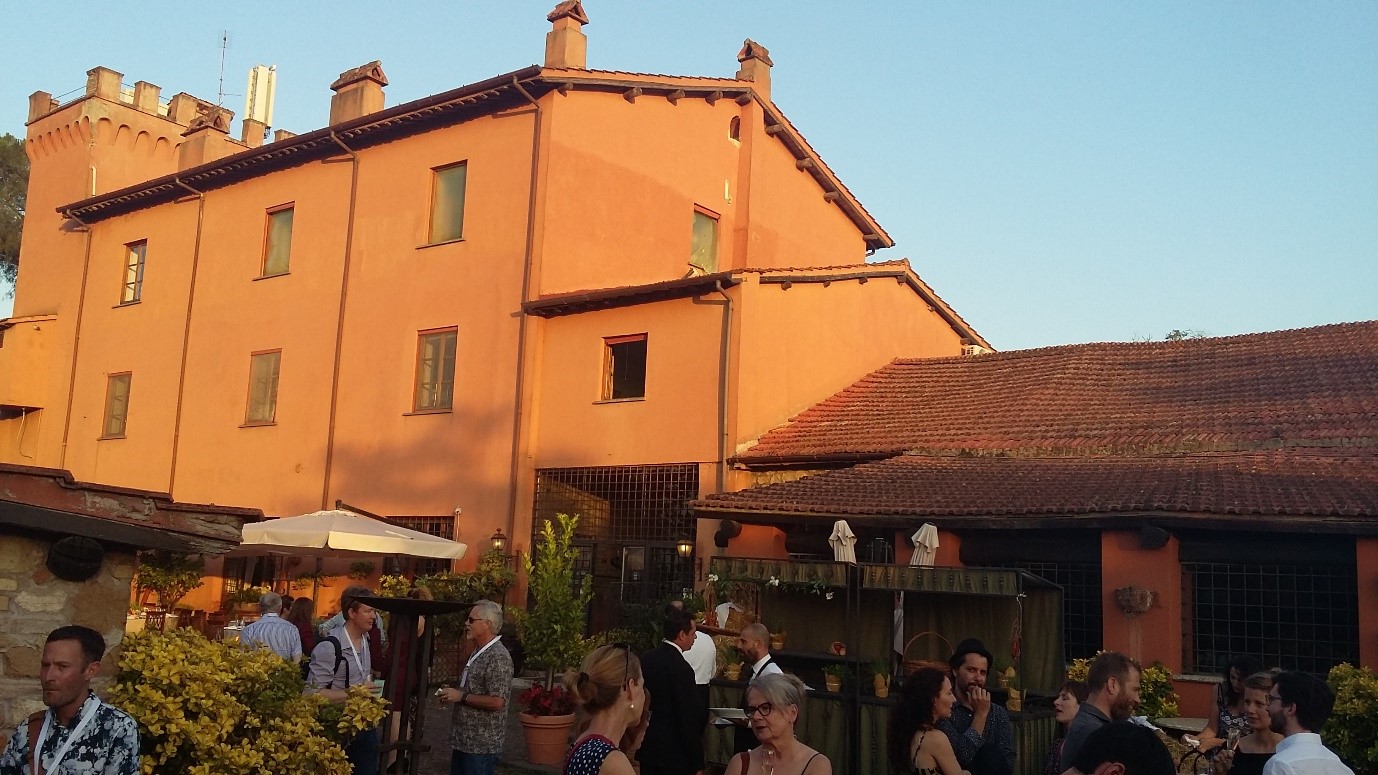Patrick Elf reflects upon the recent IAPS conference in Rome:
The last time I visited the eternal city was 2 years ago, and no matter if eternal or not, things here change as well. Between the old, beautifully crafted buildings with a seemingly endless number of cafes and overpriced gelaterias, more and more foreign faces appear. One would think it was because of the world cup (but Italy did not even qualify in 2018 and Romans widely ignored the biggest football event as much as they possibly could), or the huge numbers of tourists making their way day-by-day through the small, but ostentatious, streets of the city centres, however, it was people who actually lived there, working in all sorts of areas, for all sorts of reasons. Some are recent immigrants fleeing their countries, others just people who simply fell (understandably) in love with this city and decided to stay. Whatever the reason, they gave Rome a much more international and multicultural face than two years earlier.
And in this eternal but changing city, an even more multicultural bunch of researchers met to discuss the latest changes and findings in the world of environmental studies as part of the 25th IAPS conference; research that is supposed to change this ever changing planet a better place. Besides our small group of four from the University of Surrey, academics came from Europe – including France, Germany, Switzerland, the Netherlands and the UK, and places as far as the US, Asia, and Latin American countries, including Chile and Brazil, attended.
All of us together, in a city plastered with posters that ask “why?”, which showed a planet that is drying out. (I still don’t know why – no pun intended) All together united in the aim to advance the understanding of why we do what we do, how we can change it, and, eventually, how to create a more sustainable world. All together in between tons of plastic. Yes, at a sustainability conference. Pencils packed in plastic, plastic plates and plastic cutlery. And again: “Why?” It didn’t take long until the first tweets went up highlighting this.
Besides the plastic, being immersed in this environment, hearing not only about different methods, methodologies and research findings, but also of entirely different world views, can be hugely enriching.
For example, one researcher presented the impact of a neo-liberal society on the city, using the example of a Brazilian city. At almost the same time in a room further down the corridor, another researcher from Germany presented a meta-analysis on the connection of different forms of identity and pro-environmental behaviours.
Later that day I presented our qualitative part from an upcoming paper in a special issue on spillover effects in Frontiers in Psychology. Following a mixed-methods approach, we contrast our quantitative findings with qualitative findings. In a nutshell, we found that environments that nurture a sense of belongingness, and allow for autonomously enact behaviours, are more likely to allow behaviours to spill over. The continuous contact with a trusted entity, like a company, NGO, or alike, can have further positive effects. The presentation was well received and triggered some interesting conversations afterwards and into the evening.
In the next couple of days we were spoiled with a wide variety of interesting research findings in the field. But conferences are also there to spark debate. Following plastic-gate, we were then painfully reminded of our profession, and the potential impact of all the travels that coming to an international conference like the IAPS involves. Interestingly, only academics in the field of economics travel more than social scientists. Yes, it is massively enriching on a personal level to have these conversations with people from around the world, but in the 21st century is there no other way to avoid flying, or at least fly as little as possible? A new initiative, for example, aims to motivate academics to fly less, to lead by example (for more click here: http://noflyclimatesci.org/). At this point I will refrain from quoting Gandhi’s “be the change you want to see in the world” but I think we all might want to reflect on it.
But it is obviously not only flying that counts. On the following day an entire seminar on spillover effects took place (yes, I was excited). Whereas not all of the targeted behaviours in the empirical research were as impactful as flying, they are undoubtedly very important in the transition towards more sustainable lifestyles at scale. It became obvious that research in this area is still in its infancy, but that’s what research, and especially research conferences, are about: to bring the field forward, exchange thoughts, challenge each other, and getting challenged.
Shocked by the amounts of plastic at the beginning, I might just have to understand that using plastic cutlery has been perfectly normal until fairly recently. The fact that attendees boycotted it, brought our own cutlery, and tried to avoid it where possible left me with a positive feeling. Things are changing. In the end, we researchers in the field of sustainability don’t only want to adapt to change, but want to understand it, make it spill over, driving this change where possible.
Reflecting on the days left me with a very positive resume. Except for the plastic, the conference was really well organised and the Universidade Roma Tre was an amazing place for it – Thank you!
I learnt a lot and I enjoyed it to the fullest, not only the conference, but also walking through this stunning city with its narrow streets full of tourists, cafes and gelato. It is full of history, the beautiful restaurants with simple but delicious food, and sculptures at every corner. The eternal city that is changing more than ever. All of it.
Ciao Roma. Grazie ragazzi.




